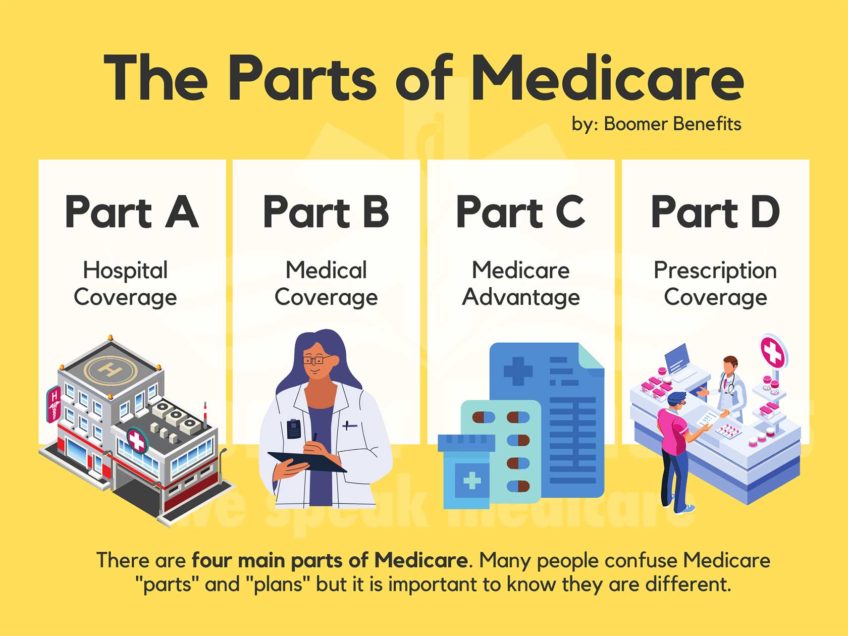Gay and bisexual men in Massachusetts continue to be the hardest hit by the AIDS epidemic, according to a new report by the state Department of Public Health (DPH) that recommends the state step up its fight against the disease, including making free condoms more widely available.
The report, released just ahead of World AIDS Day on Monday, found that while Massachusetts has had success battling the spread of the disease among injection drug users and heterosexual men and women, it has had less success among gay and bisexual men.
More than half of HIV infections between 2004 and 2006 were among gay and bisexual men, even though just 4 to 9 percent of Massachusetts men report having sex with other men in annual surveys.
Among the encouraging signs in the study is the increase in reported condom use. Fifty-six percent of gay and bisexual men who responded to a 2005-06 health survey reported regular condom use, up from 36 percent in 2000.
The report urges the state do even more to encourage the use of condoms. Among the report’s recommendations is the “widespread free condom availability” to gay and bisexual men, including high-schoolers.
“Condoms save lives, so it is a good sign that we are seeing an increase in condom use,” said DPH Commissioner John Auerbach. “However, it is clear given the data in this report that more needs to be done with respect to reaching men who have sex with men with important HIV prevention messages.”
Besides greater availability of condoms, the report also recommends expanded availability of rapid HIV tests and routine screenings in hospital emergency rooms, community health centers, and private medical practices. The goal is to increase the number of people aware of their HIV status.
Despite successes treating those with the disease and controlling its spread, AIDS continues to be a significant health concern in Massachusetts.
As of this past May, 17,295 people reported living with HIV/AIDS in the state, with male-to-male sex the single biggest exposure to the disease. The proportion of gay and bisexual men living with HIV/AIDS
was 25 times greater than among men who reported only having sex with female partners, the report found.
The report also found that while 68 percent of white men reported exposure to the disease through same-sex behavior, 25 percent of black men and 25 percent of Hispanic men reported same-sex exposure.
To better coordinate the fight against the disease, the health department will merge its existing HIV/AIDS Bureau with its Communicable Disease Control Bureau, in part to help patients at risk of multiple infections.
A recent troubling report found a 67 percent increase in syphilis cases over the past two years in Massachusetts. More than half of gay and bisexual men with syphilis are also HIV-positive.
“The message of prevention is missing too many men in Massachusetts,” said Kevin Cranston, director of the department’s HIV/AIDS Bureau.
Among the reports other recommendations are:
• Expanding AIDS prevention resources directed toward gay and bisexual men;
• Expanding HIV testing targeting gay and bisexual men, including anonymous testing;
• Taking the prevention message to public, private, and commercial sexual venues, including the Internet; and
• Maintaining the availability of AIDS treatments.
(Associated Press)






